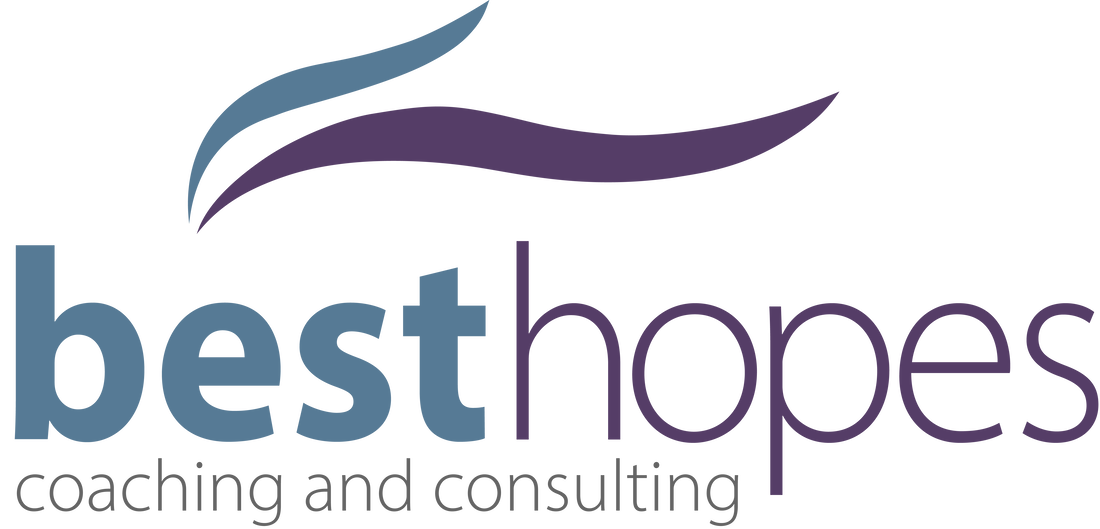|
How do you know if you have imposter syndrome? The telltale signs that you are suffering, and what to do about it. Read on to discover the 4 signs you are too hard on yourself: Sign 1. Perfectionism Having really high standards and taking longer than others might when completing a task. This can lead to procrastination too because of the perceived effort a task will actually take ( to make it perfect) vs the reality of what is actually required to complete the task to a good standard. You may also find it very hard to let go and delegate tasks adding to your workload and stress levels. Sign 2. Being a ‘natural genius’ You have always had a need to be ‘top of the class’ or to be known as the expert at work. This is where you get your validation that you are doing well and all is well. If you make a mistake, it feels like the end of the world, and you recriminate yourself to no end. You avoid taking on something new that you’re not sure you’d be good at or you feel anxious and overwhelmed by an unfamiliar task. Sign 3. Being over independent Not asking for help when it is needed or when indeed missing opportunities to up-skill team members. You may be really helpful to others but have a barrier to admitting you need support yourself. Colleagues may even find you to be quite a ‘closed’ person or they may perceive that you feel you are better than them (even when this is the exact opposite of how you feel.) Sign 4. Seeking an internal and external validation of experience Certifications, degrees and training are all great ways of showing competence but a lack of trust in your own ability to put your skills into practice can mean you are constantly striving to ‘prove’ your ability through attainment. Indeed, seeking feedback and responding to that is usually the most effective way to enhance performance once you are beyond the ‘training phase’ of your role. The paradox with imposter syndrome is that people who underestimate their ability are more likely to be competent! Self-doubt is natural but can be debilitating if we do not know how to manage it effectively. Wisdom isn't found in certainty. Wisdom is knowing that while you might know a lot, there's also a lot you don't know. Wisdom is trying to find out what is right rather than trying to be right. Wisdom is realising when you're wrong, and backing down graciously. Don't be afraid to be wrong. Don't be afraid to admit you don't have all the answers. Don't be afraid to say "I think" instead of "I know." This is a fine attribute of an effective leader and shows high competence in emotional intelligence. Does this sound like you? The good news is you can manage the negative self talk, free yourself from the crippling self doubt and conquer the inner critic once and for all. besthopes has a unique approach underpinned by the philosophy of Solution Focus, Positive Psychology, Emotional Intelligence and the development of Mindfulness to maximise potential. Find out more about the services we offer: besthopes Jane ViljoenFounder and Lead Coaching Psychologist
0 Comments
Leave a Reply. |
|
Everyone is unique
Contact us to start building your own tailor made approach |
Proud to be trusted by...
Copyright @ 2023 Best Hopes Coaching and Consulting Ltd.
All Rights Reserved Disclaimer Terms of Use Privacy Policy |



 RSS Feed
RSS Feed
